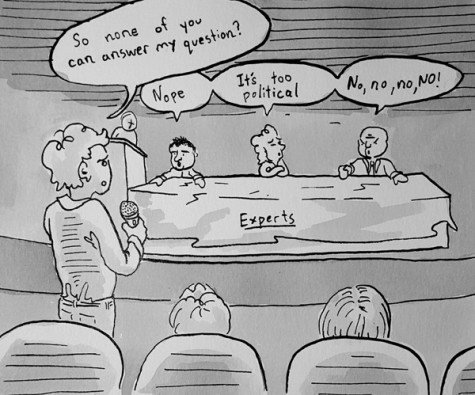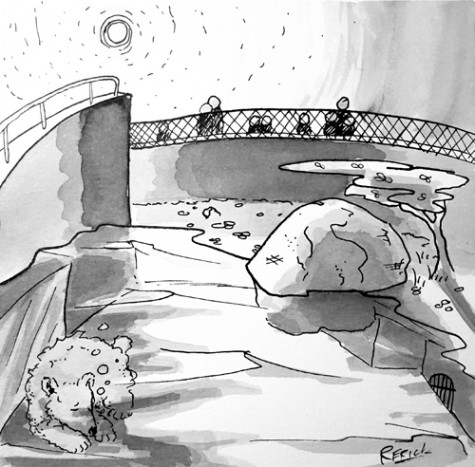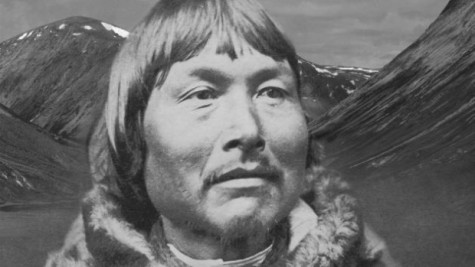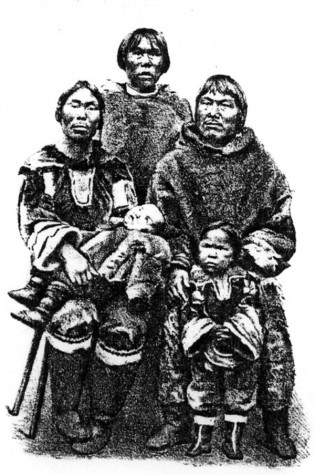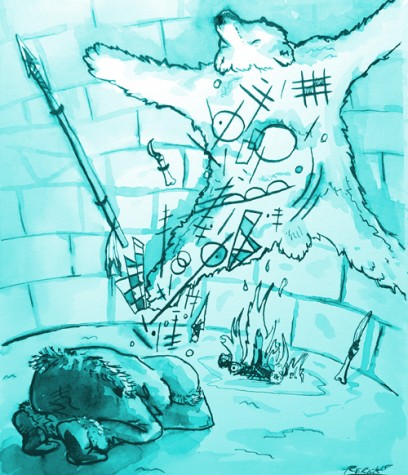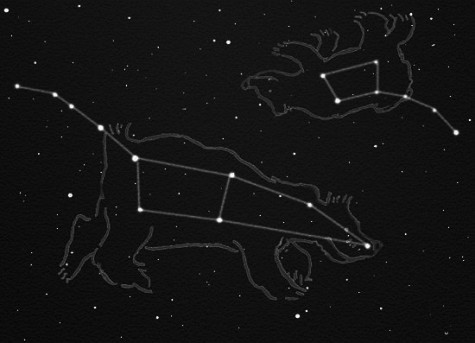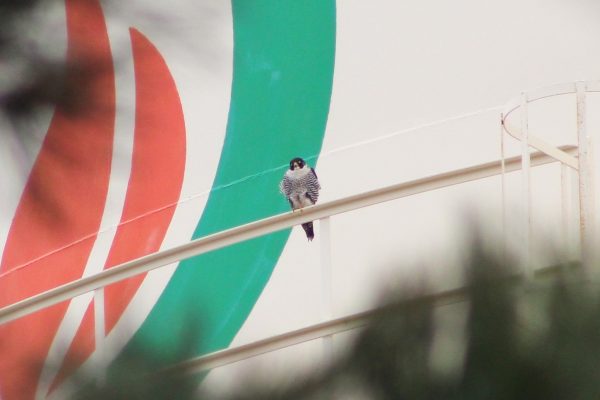Who twinkles the eyes of God?
Part 2 of The Bears That Zeus Made
I’m outside looking for the Great Bears, but I can’t find them.
The side of the house and whispering leaves above hide the sky from my sight, though the stars I do see are twinkling in the moonless night. Somewhere in this flashing happening, I think, Ursa Major and Ursa Minor are bright.
It was Zeus, the ancient Greeks say, who created the northerly constellations. Would it be Zeus, one day, to take them away? The world had grown without them for eons until people decided to look up and see the Great Bears, whose tails, stretched from where Zeus held them when he hurled them into the sky, are also seen as the handles of the Big and Little Dippers.
I give up my search for the astral beasts and a thought creeps beneath my brain.
How many stars disappearing from the great constellations would it take for us to stop noticing them? Starlight, like the human lifetime, doesn’t last.
It comes, then it goes.
One day, it will be elsewhere in this cosmos, sending billion-year old reflections to other scrambling creatures watching from some dark planet.
I wonder where we humans will be when that day comes. We may be gone ourselves — lost to the vastness of space and the depth of our will to survive.
But if humans do disappear before the lights of Ursa Major, this too, would be the extinction of our cosmic bears. For without a human eye to recognize the blinking patterns in the northern sky, no soul will experience them again. And in a motion as swift and natural as the yawning of sunflowers, one small part of the universe will spin back into the contemplative void from which it came.
I climb out of my lawn chair and emerge from the shadow of the house. The fence stands in silence. I wonder this night how many arctic bears are bathed in the same silver luminance as our broken lawn mower.
Someday, of course, the answer will be zero. But no matter how long it takes for the bears to disappear, I’d put money down now there will be plenty of broken lawn mowers still basking on the landfill face of the planet.
If people remain then, I wonder what they’ll see in the constellations. They’ll look up to the northern stars, twinkling through the endless churning of greenhouse gases in the atmosphere, and see the space cold outlines in their minds of the great cosmic bears — the only bears left in the Arctic.
They will breathe, and their breath will displace currents and molecules in front of their open mouths, as they puzzledly consider what they ancestors had left them. These currents will transform and bleed through the atmosphere of the entire environment, and after the last polar bear relieves its last breath in the windblown snow, the stars will never be the same again.
Sunlight creeps into the horizon, and stars disappear one by one as soundlessly as polar bears lowering themselves into the frozen sea to hunt. There’s no saying how many of them will eat today. I head inside to make toast.
Before I know it, the sky is empty.
Billy Beaton is the video editor for The Dakota Student. He can be reached at [email protected]


